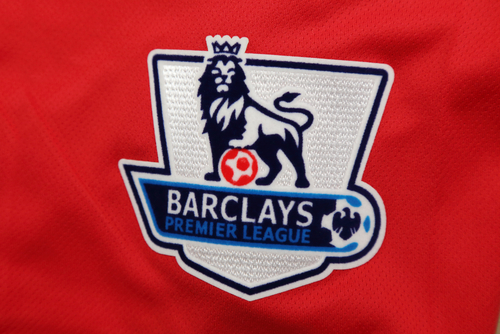The article below gives information about how to make use of goal differences in order to predict who will be the winner of the Premier League. This method, which is a balanced betting strategy, predicts the team points. As an example, the 2014/15 Premier League is taken.
By rule, bettors should always tend to make as good predictions as possible, while at the same time be cautious about the events which may occur during the season which consists of 38 games. Therefore, predictive soccer methods should always be used carefully. An example of this is Liverpool in 2013/14.
The ability of a team to score or concede goals, represented by a side’s goal difference, is the basis for calculating the League points. In some cases, league points out-perform the usual relationship between itself and the goal difference. An example of this is Newcastle in the season of 2011/12, when the goal difference of +5 of Newcastle related to 56 points over the season, and not the 65 they accrued.
Therefore, when such cases occur, it is always better to look at the goal difference, instead of previous points, if we want to better predict the future league points.
The goal difference as an indicator of the 2014/15 Premier League team points
We can predict the goal difference in the easiest way if we take the numbers from the previous season and use the relationship between points and the goal difference from the past. In this way we are able to determine what the point total will be for 2014/15.
By using this model, we would have come to the conclusion that Newcastle did not have big chances of scoring their 65 points again in the 2012/13 season. What they did manage to get is 41 points.
Furthermore, if we want to increase our chances for profit, we should take a weighted average of the goal difference from more than one previous season. The disadvantage of this method is that it does not include promoted or recently promoted teams. However, the good thing is that it decreases the chances of their predictions to be distorted by an attacking or defensive unit which has an extremely good or bad period of play.
if we run a regression in the Premier League data since its beginning, we can adequately predict the goal difference in the next season in the following way: the goal difference of the previous season is multiplied by 0.658, the season before that is multiplied by 0.208 and the one from three seasons ago by 0.098. The figures that we get are added together and in the end we subtract 1.
In a similar fashion, if we want to determine the general relationship between goal difference over one season and points gained in that season, which are obtained also by regressing of past outcomes from Premier League seasons, we can use the following equation:
League Points = (0.6455 * GD) + 52
The example of this is Liverpool’s goal difference in 2013/14 was +51, in 2012/13 it was +28 and in 2011/12 it was +7. Thus, its predicted GD in 2014/15 = (0.658*51) + (0.208*28) + (0.098*7) – 1 = +39.
To project the points that Liverpool might expect to gain in 2014/15, we have to put out predicted goal difference for Liverpool into the second equation and this is shown below:
(0.6455*39) + 52 = 77 points
| Team | Expected Points 2014/15 | Expected GD 2014/15 | Actual GD 2013/14 | Actual GD 2012/13 | Actual GD 2011/12 |
|---|---|---|---|---|---|
| Man City | 87 | +55 | +65 | +32 | +64 |
| Liverpool | 77 | +39 | +51 | +28 | +7 |
| Chelsea | 76 | +37 | +44 | +36 | +19 |
| Man Utd | 70 | +27 | +21 | +43 | +56 |
| Arsenal | 69 | +26 | +27 | +35 | +25 |
| Everton | 63 | +17 | +22 | +15 | +10 |
| Tottenham | 57 | +8 | +4 | +20 | +25 |
| Swansea | 50 | -3 | 0 | -4 | -7 |
| Stoke | 46 | -10 | -7 | -11 | -17 |
| WBA | 44 | -13 | -16 | -4 | -7 |
| Newcastle | 42 | -16 | -16 | -23 | +5 |
| Sunderland | 41 | -16 | -19 | -13 | -1 |
| Aston Villa | 38 | -22 | -22 | -22 | -16 |
The teams in the table above spent at least the three pervious seasons in the Premier League. If we go back three seasons, reducing the effect of one lucky or unlucky season and using goal difference to determine likely points, we eliminate a season in which one team gains points from goals which are scored in incidental manner. But, it was already previously mentioned that every prediction is just an estimate and therefore it should always be treated with care.
Furthermore, this method does not take into account other factors which are extremely important and influence the outcome of the game, such as: changes in the managerial structures, transfers or fixture congestion. Therefore, bettors should always see their models as potential outcomes and never strictly rely on them.


